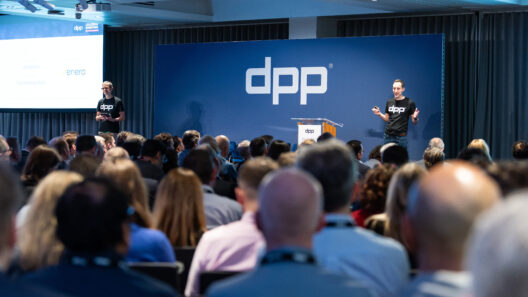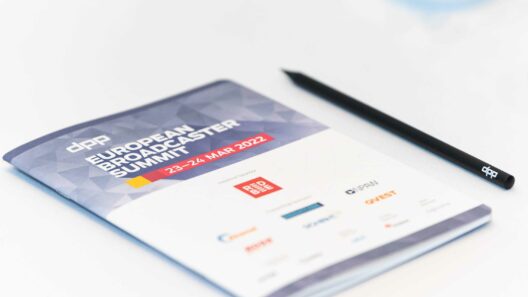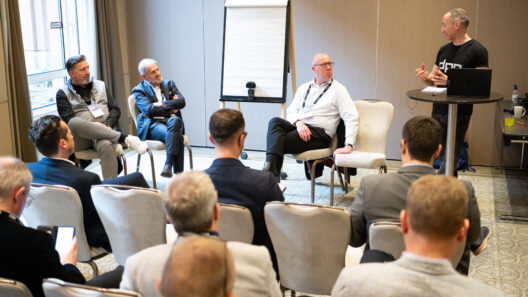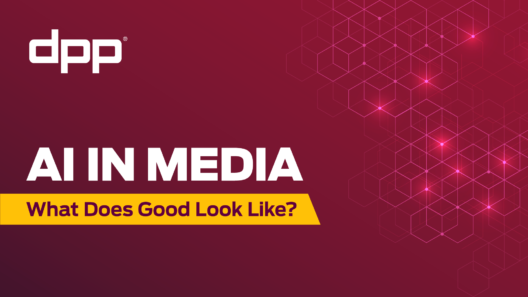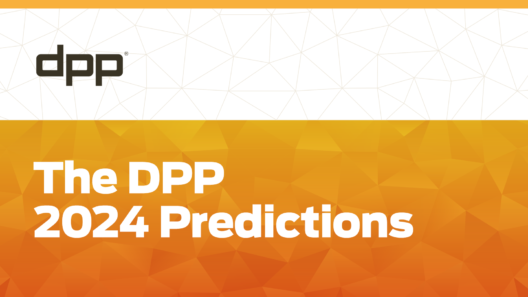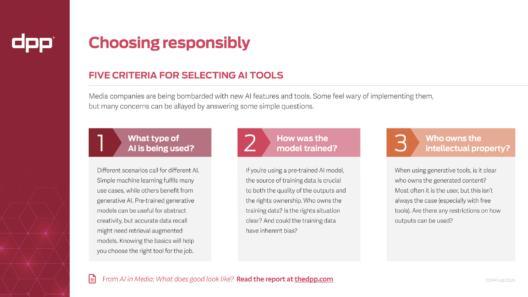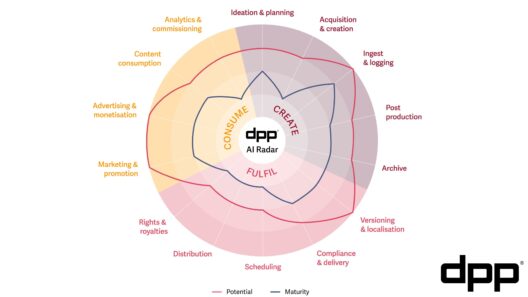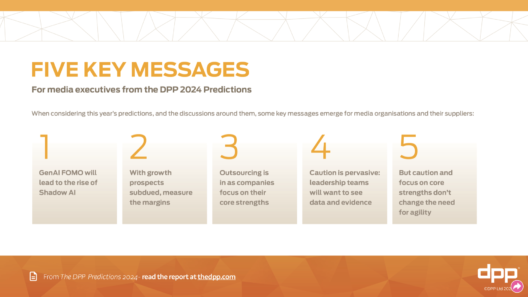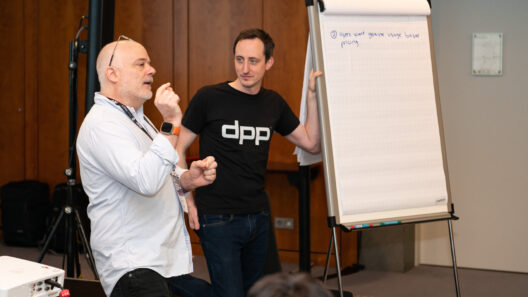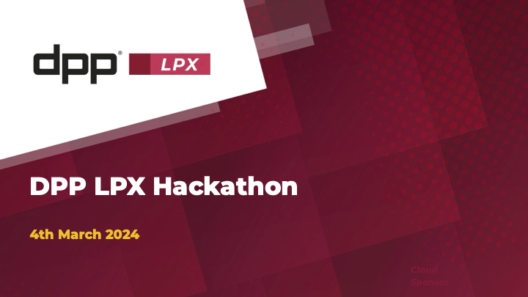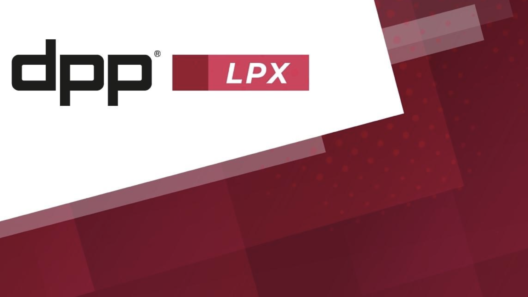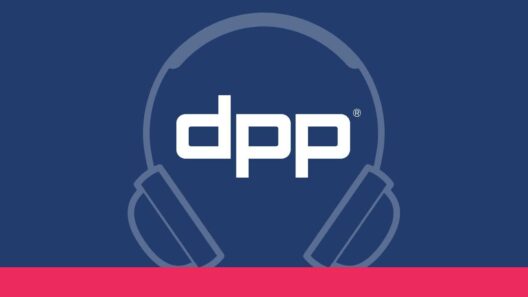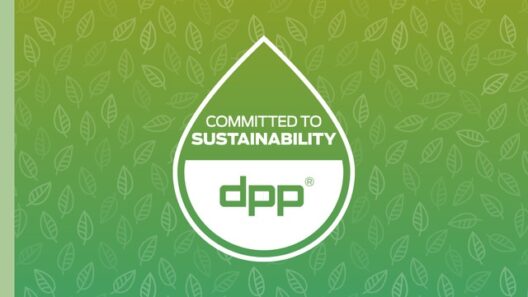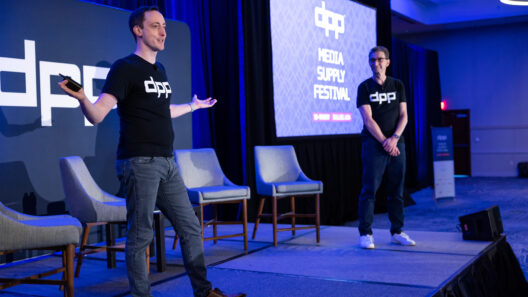A report from the DPP’s IMF Breakfast Briefing at IBC 2019
Can it really be two weeks ago? Time flies when you’re having fun, making great connections, and learning lots. And of course that’s just what DPP members were doing at our IMF Breakfast Briefing, somewhat inauspiciously held on Friday 13th.
So why did 60 people get up so early to join us on a Friday morning? Was it for the coffee and croissants? Hardly. They came to hear valuable insights on IMF adoption from companies like Disney, ITV, and Adstream; alongside updates on the latest IMF technical developments. It was all made possible thanks to DPP member companies AWS, Eluvio, and Ownzones.

IMF: not just for movie studios
We began in conversation with Jack Watts of Trench Digital, who spoke about the progression from DCP (the Digital Cinema Package) to IMF (the Interoperable Master Format), and what we can learn from the success of DCP. The key difference is that where DCP is a distribution format used to send movies to cinemas, IMF is used in more complex (often multi-party) business-to-business workflows. The business change can be more complex as a result, as implementation touches those producing, managing, processing, and distributing the content. Yet the companies that Jack works with are starting to realise measurable business benefit from IMF. And while convincing them to share those metrics can be difficult, it’s important to be open about the benefits and the challenges, to overcome a false preconception that IMF is just for the movie studios.
This point was echoed by Arjan Ramamurthy from 20th Century Fox. While their studios business was the first to adopt IMF, use of the format has subsequently expanded across Fox. This was spurred by the need for UHD and HDR, for which IMF is their primary format. There are now 220 episodes in their library in IMF, and they deliver the format to broadcasters around the world, especially across Europe. Although they get some benefits in storage and file transfer, Fox have found that the biggest savings are in QC, where they’ve reduced cost by 2.5x.
New use-cases for IMF
Arjun also explained that he’s chairing a DPP collaborative working group in SMPTE to define OPL macros for generating AS-11 files automatically. This will help automate workflows for delivering IMF content to broadcast, and could prove a significant step forward in the efficiency of broadcast IMF workflows. But don’t worry if it’s all Greek to you; you can learn more from our previous blogs, Will IMF replace AS-11? and Transforming IMF with OPL.
Tim Davis from ITV then took the stage to demonstrate his sign language skills, earning applause for giving his introduction in British Sign Language (BSL). He went on to explain – verbally! – that 150,000 people in the UK use BSL as their primary language, and that serving those viewers is important to public service broadcasters like ITV. Yet burning a sign language interpreter into the picture means generating a whole new version, removing many of the benefits of using IMF. So he previewed some ongoing DPP work to enable the sign language interpreter to be stored as a separate video component, and overlaid onto the main video track downstream. Tim explained this work in more detail in his blog post, Sign of the Times: Enhancing IMF with Auxiliary Image Tracks.
But it’s not just programmes that can benefit from IMF. Michael Moorfield of Adstream spoke about how IMF can help the advertising supply chain. He explained that an advert can have hundreds or even thousands of versions, not just for different territories but for very specific different locales, or for different target audiences. The increasing availability of addressable advertising functionality has caused challenges in creating and managing the necessary versions. Michael explained that with these short form assets, the benefits of storage reduction are less significant that with programme content, but that any efficiencies introduced into clearing and complying the assets will significantly improve the workflow.
He gave an example of a beauty brand’s advert, which currently has 38 different versions. The brand would like to target the advert more specifically, using graphical overlays to inform viewers of their closest retailer. In a small country such as the UK alone, this results in well over 3,000 versions. Then they might like to adjust the voiceover to give different messages to different age groups. In this scenario, manual compliance of every version is not feasible, which is where IMF can help. The aim is to enable a workflow in which the components are individually cleared, and then automatically constructed into the specific output versions.
Where IMF aims to provide the right version of the right content at the right time, the vision for the IMF for Advertising group is to enable new use cases that provide the right content to the right audience at the right time. You can read more about this work on our IMF for Advertising page, or you can read a blog by Justin Gupta of Google, on Unlocking Opportunities with IMF for Advertising.
Get involved
The attendees at our breakfast were treated to a whistlestop tour of the latest exciting news in the development and implementation of IMF. There’s a lot more to come, so if you’re a DPP member and would like to participate in our IMF work, or if you'd like to discuss membership, get in touch.
